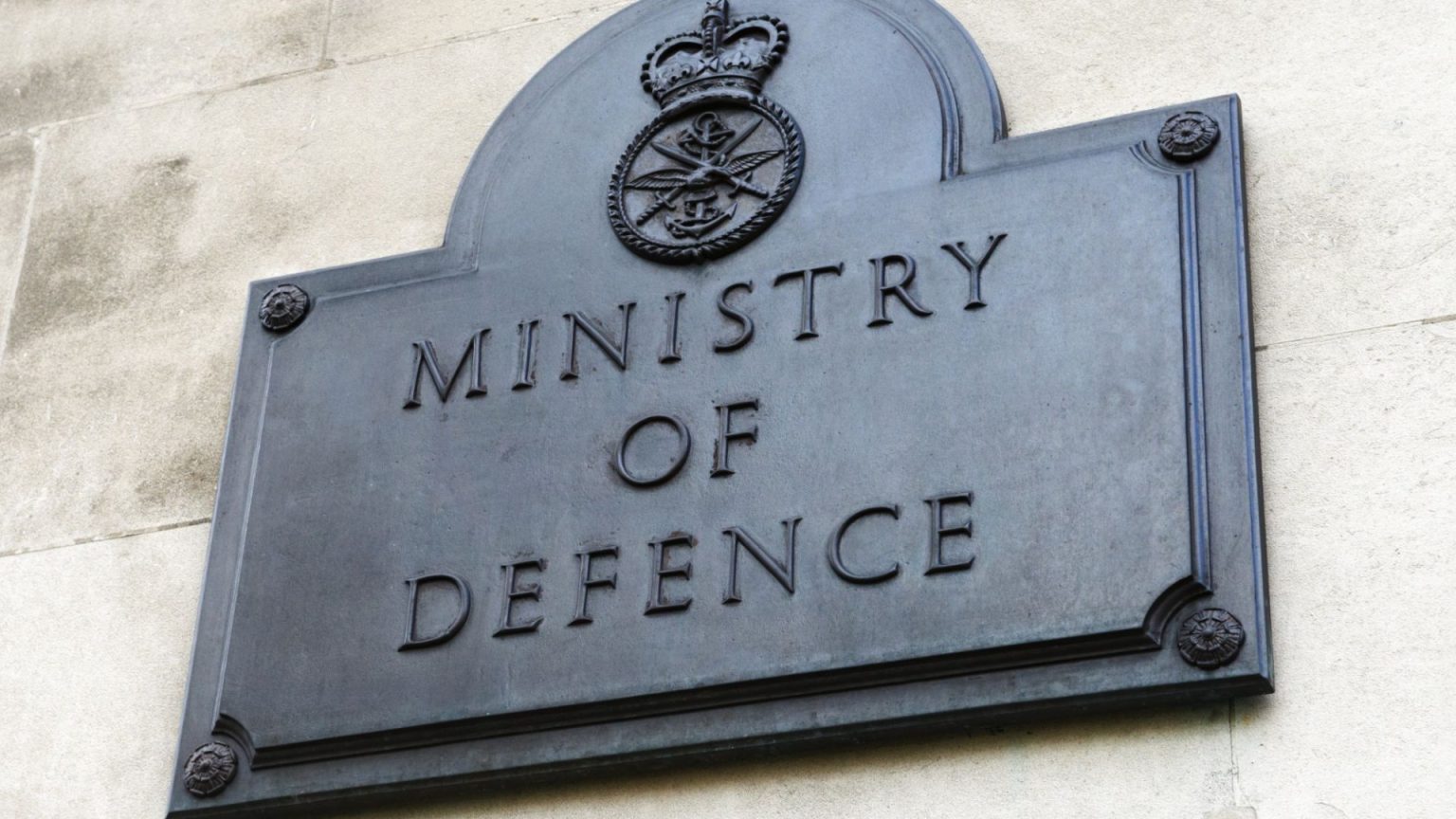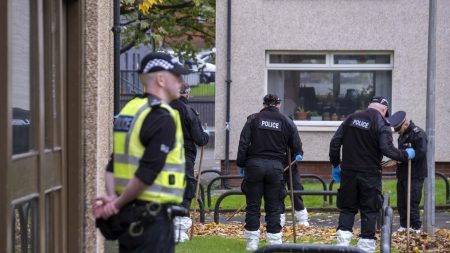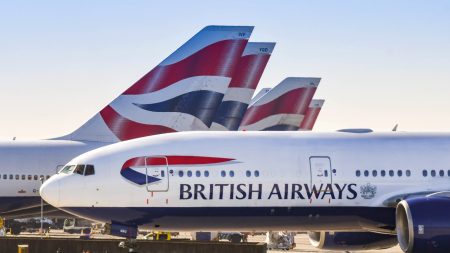The Ministry of Defence (MoD) has come under fire for its exorbitant spending on chauffeur-driven cars, amounting to a staggering £40,000 per week, a 45% increase compared to the previous year. This totals £2.1 million annually, an amount equivalent to the annual salaries of 83 private soldiers. This revelation, obtained through Freedom of Information requests, has sparked outrage amidst concerns about the UK’s defense vulnerabilities and the need for fiscal responsibility within the MoD. Specific examples of lavish spending include a £4,500 journey from Chepstow to Inverness and back, a £3,500 round trip from Loughborough to Scotland’s east coast, and a £3,000 bill for chauffeuring officials around the country before returning to the Midlands. These expenditures highlight a perceived disconnect between the MoD’s spending priorities and the urgent need for investment in strengthening the nation’s defense capabilities.
Critics, including the TaxPayers’ Alliance, have condemned the spending as a “pointless waste” of taxpayer money, particularly in light of warnings from defense experts about the UK’s increasing vulnerability to attacks due to inadequate investment in the Armed Forces. This extravagant spending on non-essential transportation stands in stark contrast to the more pressing needs of the military, such as modernizing equipment, enhancing training programs, and improving the welfare of service members. The MoD’s justification, blaming the previous government, has done little to quell the criticism, highlighting the ongoing debate about accountability and responsible spending within the department.
The controversy surrounding the MoD’s chauffeur costs underscores a broader concern about the government’s allocation of resources within the defense sector. While the MoD claims commitment to securing value for money and cracking down on waste, the revealed expenditures paint a different picture. The significant increase in spending on chauffeur services raises questions about the MoD’s internal controls and its ability to prioritize essential defense needs over seemingly frivolous expenses. The public outcry over this issue reflects a growing demand for transparency and accountability in government spending, particularly when it comes to national security.
Furthermore, the timing of this revelation is particularly sensitive, given the rising geopolitical tensions and the increasing need for a robust and well-funded defense system. Experts have warned that the UK’s current level of defense spending is insufficient to address the evolving threats and maintain a credible deterrent. The MoD’s apparent prioritization of comfortable transportation for officials over critical investments in defense capabilities has fueled concerns about the government’s commitment to national security and its understanding of the gravity of the current geopolitical landscape. The optics of this extravagant spending are particularly damaging in a time of austerity and increasing pressure on public finances.
The disconnect between the MoD’s spending habits and the urgent need for greater investment in defense raises serious questions about the department’s strategic priorities. While convenient transportation for officials may be considered necessary to some extent, the scale of expenditure revealed suggests a culture of extravagance that is at odds with the principles of fiscal responsibility and the imperative to strengthen national security. The MoD’s response, blaming the previous government, does little to address the underlying issues of wasteful spending and the need for a more strategic approach to resource allocation. The public deserves a clear explanation of how these expenditures contribute to the MoD’s mission and why they are considered a priority over other pressing defense needs.
In conclusion, the MoD’s extravagant spending on chauffeur-driven cars has sparked a much-needed debate about the department’s priorities and its commitment to fiscal responsibility. The revelation of these expenditures comes at a time of heightened concern about the UK’s defense capabilities and the need for greater investment in the Armed Forces. The MoD’s response, blaming the previous administration, has done little to assuage public concerns and highlights the need for greater transparency and accountability in government spending. The controversy surrounding this issue serves as a stark reminder of the importance of aligning spending priorities with national security needs and ensuring that every pound of taxpayer money is used effectively to protect the nation’s interests.











